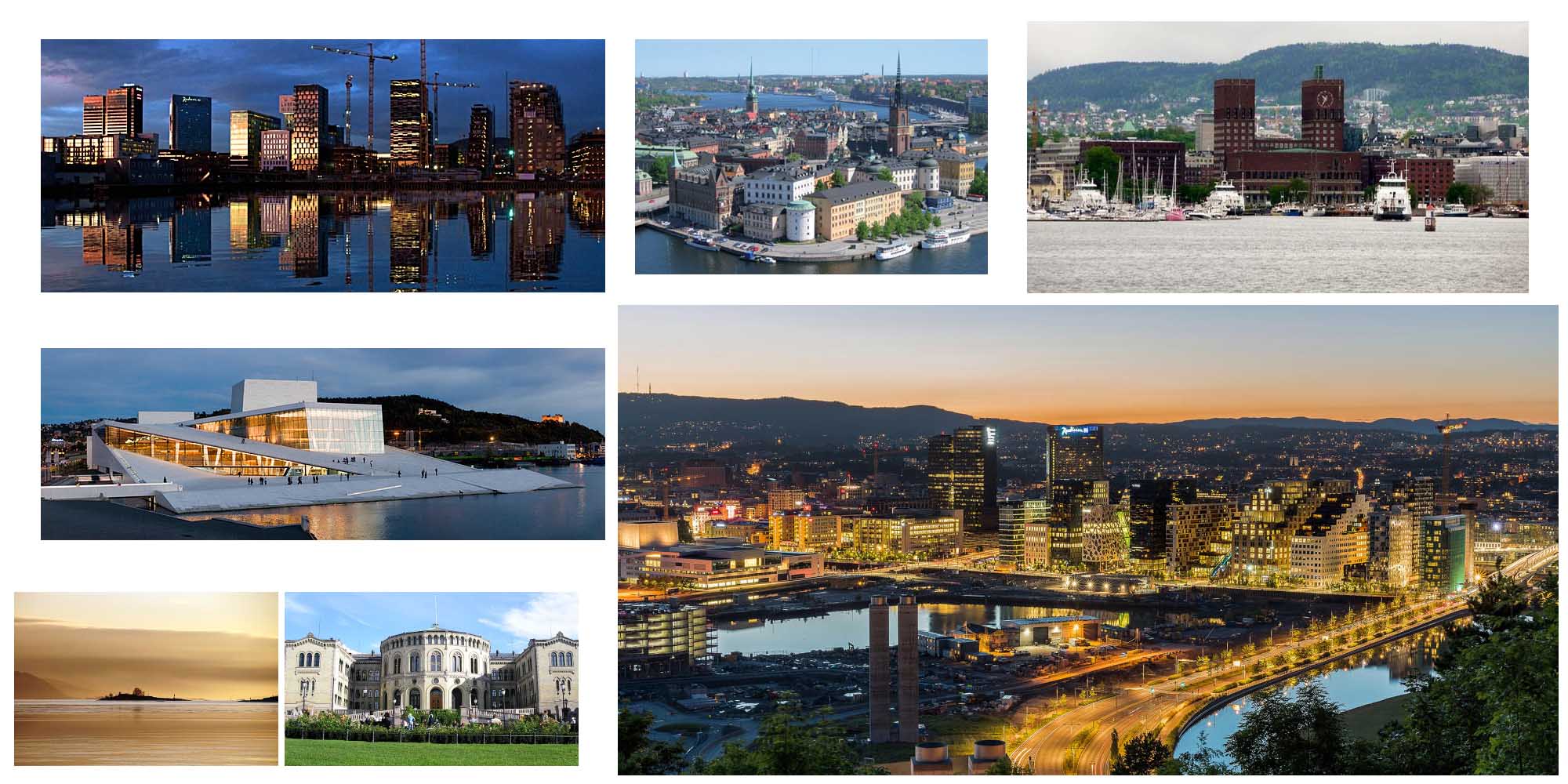The Golden Age theme appears in many mythologies, constituting an allegory of paradise lost. It should be emphasized here, that it relates primarily to man. The gods remain independent. In Scandinavian beliefs, things are completely different. The Golden Age takes place before humans even appear. The giants mentioned in the song are Nomy, the guardian of fate. They brought the gods a destiny, the meaning and direction of their activities. With them came the feeling of the inevitability of the end. The divine idyll has been destroyed. Only at this point does man enter the arena of events. However, he still remains uninvolved. The main emphasis is still on the relationship between the gods and the world they created. Man is an additional element, playing a supporting role. Only Nomy connects him by fate with the gods. Thus, the main function of the gods is to protect divine order in the world they have created. We are dealing here with a mythology of the geocentric type, in which the subject of action of the creatures of the divine group is the earth-world. Destiny, which the Norns brought, and final vision, of the inevitable doom they bring man into the sphere of the gods' interests. At this point, he becomes the main ally of the Aesir in the battle that awaits them. From this point on, the prophecy of the ragnarók - the day of the last battle, it conditions the development of the human race. The actions of the gods towards people are also subordinate to her. Nomy brings a man fate, and with it death. This fact is completely independent of the will of the deities. The Aces can only use it. Odin sends death, but cannot eliminate it. Therefore, it subordinates it to the supreme goal - defending the endangered world. To this end, he gathers warriors who have fallen in battle in a special headquarters called Walhallq, where the brave are constantly training in combat, during breaks, spending time at feasts and having fun.

Oslo - monuments and attractions.
What to see and what to see in Oslo. Oslo attractions and monuments.